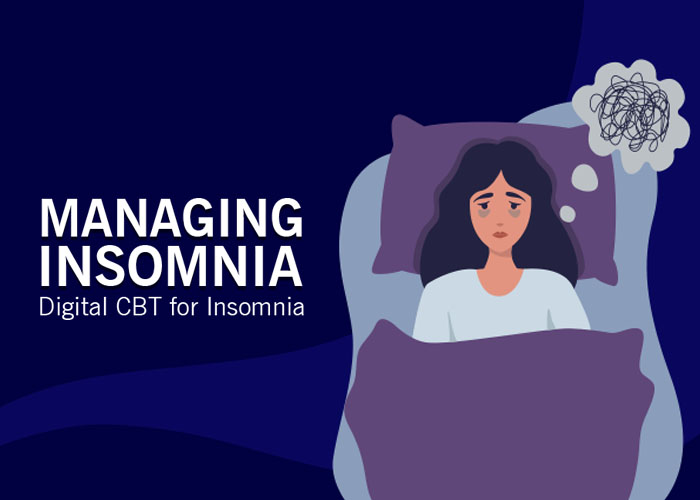
The Proven Standard for Managing Insomnia Without Drugs
Cognitive Behavioral Therapy for Insomnia (CBT-I) addresses the root causes of chronic insomnia, thought patterns, behaviors, and conditioning. Unlike sleep medication, which masks symptoms, CBT-I provides sustainable, long-term sleep improvements.
This course is ideal for your patients who:
Support Your Patient with a 4-Lesson Guided Journey
Each lesson is illustrated and simplified for patient understanding, using the story of 'Shaishav' to build engagement. Doctors can review patient progress or provide support between sessions.
Lesson 1
The Science of Sleep and Understanding Your Insomnia
Learn about sleep and insomnia science, what causes insomnia, and how to encourage good sleep.
Lesson 2
Managing Sleep-Interfering Thoughts and Behaviours Part 1
Discover ways to lower arousal in bed and retrain your brain to link the bed with sleep.
Lesson 3
Managing Sleep-Interfering Thoughts and Behaviours Part 2
It covers tactics for improving sleep quality and advanced approaches for reducing disruptive thoughts.
Lesson 4
Reviewing Your Skills and Maintaining Your Gains
Learn how to balance daily excitement with healthy sleep and relaxing strategies to lower arousal. It also covers reviewing program principles and skills and a plan to sustain improvements.
By referring your patient to this course, you can help them:
Evidence-Based Techniques: CBT-I has been proven effective for individuals with all types of insomnia, including those with anxiety, depression, and other underlying conditions.
Self-Paced Learning: Learn at your own pace with access to materials and resources that fit your schedule.

Actionable Learning: Each lesson includes summaries and an action plan to help you apply your lessons for lasting results.
Lasting Results: CBT-I aims to improve sleep patterns long-term, reducing the need for temporary solutions like medications.
Convenient Online Format: Access the course from anywhere, anytime, on any device.